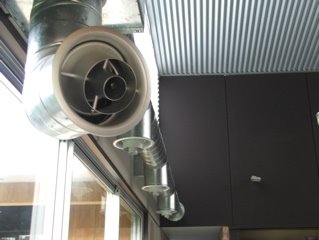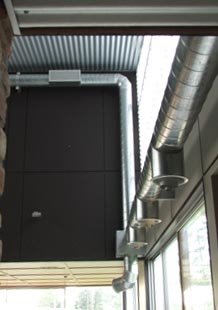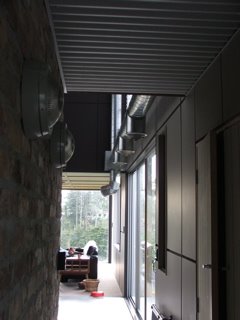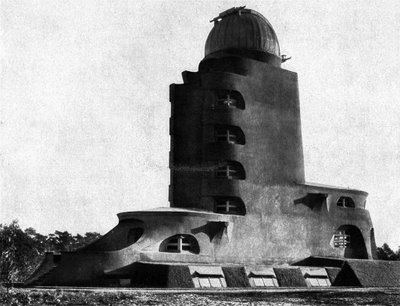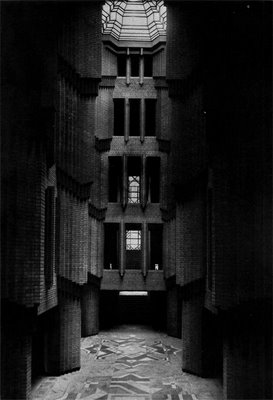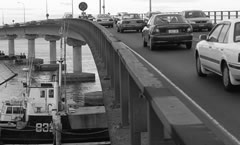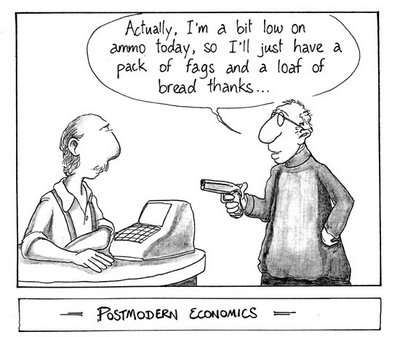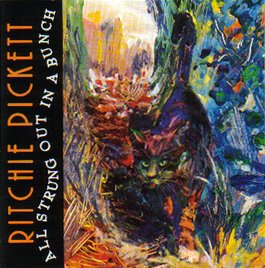Up until the age of about 35 I was blissfully unaware of the world of politics - I could not even have explained the difference between the left and the right, let alone communism and capitalism.
All that changed the day I first read The Free Radical magazine! - Ididn't really want to read it, so much as HAD to read it! You see, I was working for a design and print company that put the magazine together, and every time it arrived in the studio, all the artists would magically disappear or look like they were REALLY BUSY. Invevitably one poor artist would get lumbered with the magazine, and spend the next week or so cursing, swearing, and engaged in lengthy conversations that usually ended in tears, due to what I was told were unreasonable demands by the editor.
Eventually all the artists refused to do it, and so I thought as I was next in line, I would find out what was so unreasonable about the editor, and what the magazine was all about, so I could at least TALK to him, and understand his requirements.
So I did, and my life has not been the same since!
Not only did I agree with the sentiments within, but found that I had been living my life by the same values and philosophy as this without even knowing why!
Reading this magazine suddenly explained a lot to me about my life, and the trials and tribulations I had encountered up until that point in time - things suddenly became clear to me (apart from a few minor details like not understanding ssome of the language used - ie objectivism, capitalism, nanny state, child molesters of the mind etc etc)
Anyway, to cut a long story short, I started doing the artwork for issue 20 of The Free Radical in August 1996. 10 years later and I am just about to start assembling issue 71. - AWESOME eh?
Hy heartfelt thanks go to Lindsay Perigo and Peter Cresswell (Free Radical) and Russell Watkins (general hooligan) for being GENTLE with me while at the same time, grabbing me by the ankles, and giving me a jolly good SHAKE and rattling the last remaining brain cells that were still present in my head.
NOW The real reason for this post.Since that fateful first day of reading the Free Radical, I have sent a barrage of letters to the editor of the local newspaper the Bay of Plenty Times, and have had a huge number of them published - this week being no different, I had 2 leetrs published so far. Well, last night I had TWO PHONE CALLS at home (people must look up my ph number in the local directory) from people agreeing with my letters, and giving me encouragement.
ALSO, my mate Russell (aka Billy Bones!) had a phonecall from the same newspaper asking for a LIBERTARIANS view on a local news topic!
HOW ABOUT THAT EH?
It just goes to show that our ideas ARE valued, and people ARE listening to us.
Most encouraging











